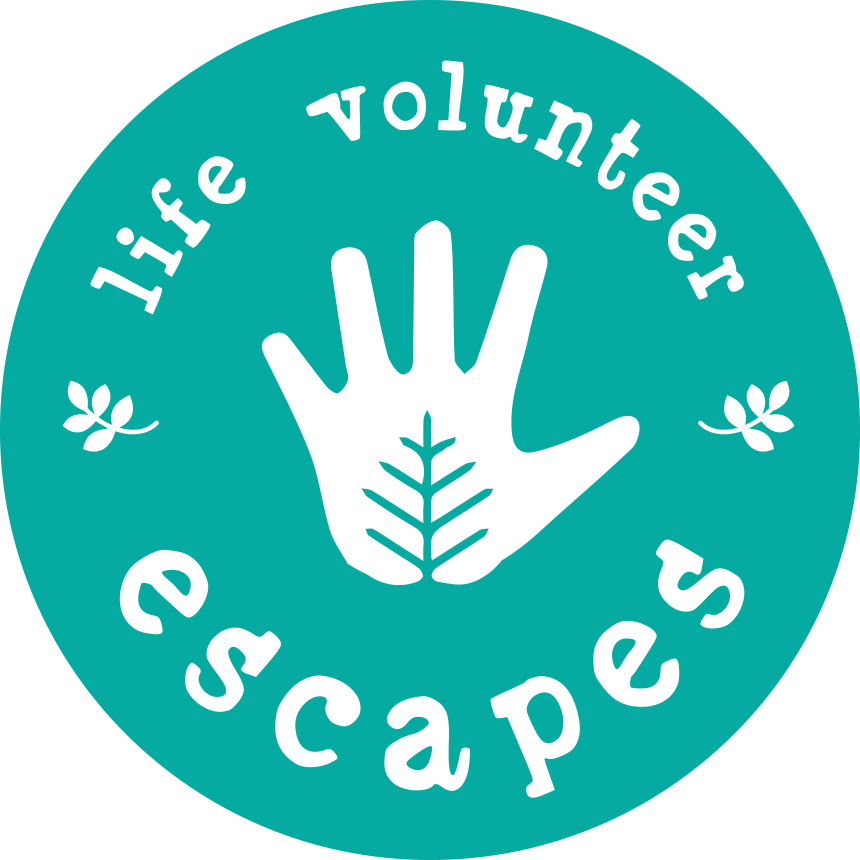A strong complimentary focus will be given to the volunteer’s own experiences and feelings about the undertaken work and the skills/competencies gained throughout the volunteering period, so that their experiences can be shared among a wider audience. The wide range dissemination of these individual experiences of the volunteers that will participate on these works is expected to have a relevant contribute to promote further “engagement” with the ESC and experience sharing among volunteers. In addition to communicating the environmental results from the work of ESC volunteers, each episode will account to “real life” testimonies which will be centred on the volunteers’ experience along their volunteering cycle. This type of “human centred” series was one of the main issues for engaging PLAYSOLUTIONS within the project’s partnership, as this communication SME has been producing most of its nature and biodiversity conservation materials with such differentiating elements that deal with the “human side” of conservation: who are the conservationists, what they do and how do they feel is a key element on any of the products from this partner, and such basic idea was actually the basis for setting, within the project structure, the overall goal of producing and delivering this TV series.
PLAYSOLUTIONS will be in charge of all the works, including image capturing, script writing, image and sound edition and overall production and post-production, having for aim the delivery of a high quality series that fulfills the broadcasting criteria of SIC (with whom a close interaction will be maintained along the process, as already existing for identical works).
The series will be delivered in FULL HD definition (1920×1080), as well as on the corresponding formats for web dissemination. For open broadcasting, conversion for the channel’s format will be ensured as well.
To support PLAYSOLUTIONS’s works, MONTIS will act deliver general coordination support, including the promotion of active discussion and approval of the proposed scripts among all beneficiaries, before their final production. Each beneficiary will support PLAYSOLUTION’s team during the respective coverage and capturing of images (this not including the costs for travel and stay, which are foreseen under PLAYSOLUTIONS’s budget of this action).
For production of the series PLAYSOLUTIONS foresees the need to allocate internal staff as well as to subcontract some specific works (e.g. sound editing, EN broadcasting, script translation, coloring of video and graphical design).
Once ready, meetings with SIC will be held to present the series and outline/plan the schedule for broadcasting, preferably embracing the last year of the project but, if needed, overpassing it as well. In addition, the videos will be delivered by the project’s website and for internal and public usage by all project partners.
